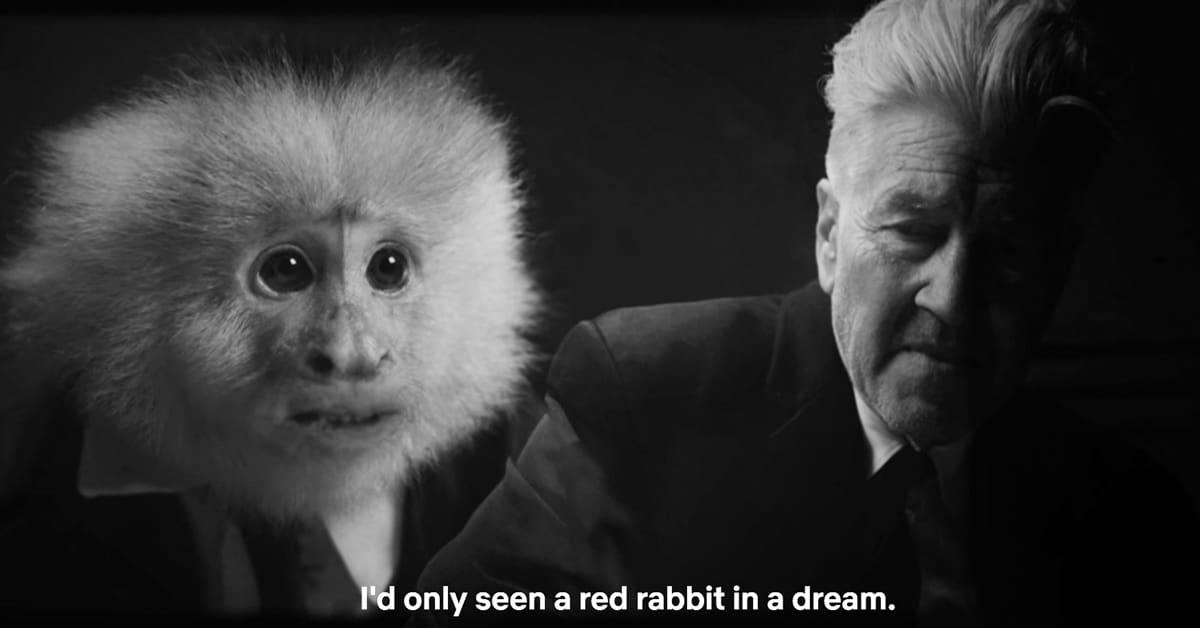
Let’s get one thing straight, right out of the gate: I consider The New York Times the God of Journalism. Their numerous Pulitzers notwithstanding, their reporting of our world, writ large and small, is the standard by which all news outlets should aspire. Plus Trump hate them. So there’s that.
But the NYT did journalism a disservice this week with its co-endorsement of Elizabeth Warren and Amy Klobuchar for Democratic presidential nominee.
The Times editorial board acknowledged in its editorial, which appears in Monday’s paper, that there is a fight going on for the soul of the Democratic Party—a struggle they suggest pits a “radical” vision for taking on President Trump and the challenges facing the nation against a “realist” one. On that metric, the NYT opined, Warren would be its more leftist vote, Klobuchar its centrist.
Excuse me? Are we ordering a fucking pizza? With that as a template, you could cook-to-order any candidate. Socialist leanings with conservative fiscal policy? Try Bernie Sanders! In the mood for Obama -.5? Heeeeeeere’s Joey B!
Already, the paper has been taken to the woodshed; many of the critics charge that the Times’ placing Klobuchar in the “Moderate” camp was inaccurate — thus plunging the paper’s very process into the kind of liberal branding that already freights the party’s hopes in 2020. Why board that overweight liner anyway? A gutsy, straightforward endorsement would have avoided the dickering. And yeah, an editorial can be ballsy, and someone with balls can endorse a woman. Stop being such bitches.
The NYT call is troubling on two fronts. One, the other half of the job — the one the NYT forgot — in endorsing a candidate is to explain why the country needs said candidate. Do we need a centrist right now? Is a leftist the corrective steering? The Times is steeped in institutional political memory. To name a double ticket (Should voters check both boxes if they’re uncertain where they fall on the spectrum?) is to flush that collective knowledge down the crapper.
More troubling, this is how the Left eats its young in ravenous Wokeness. We are so afraid of being exclusive of any offendable reader/voter demographic we’ve forgotten how to take a stand. Be guided by an apolitical compass here, and stand behind your choice. But do we really doubt that this editorial didn’t suffer from the very same in-fighting that clearly compromised the process?
Leave the waffling to IHOP. In just a year, we’ll be offered a more binary choice. Hopefully, my esteemed colleagues, you will have chosen a path a more clear path, worthy of the fight.
https://www.youtube.com/watch?v=AWtn4Kt05_Y







